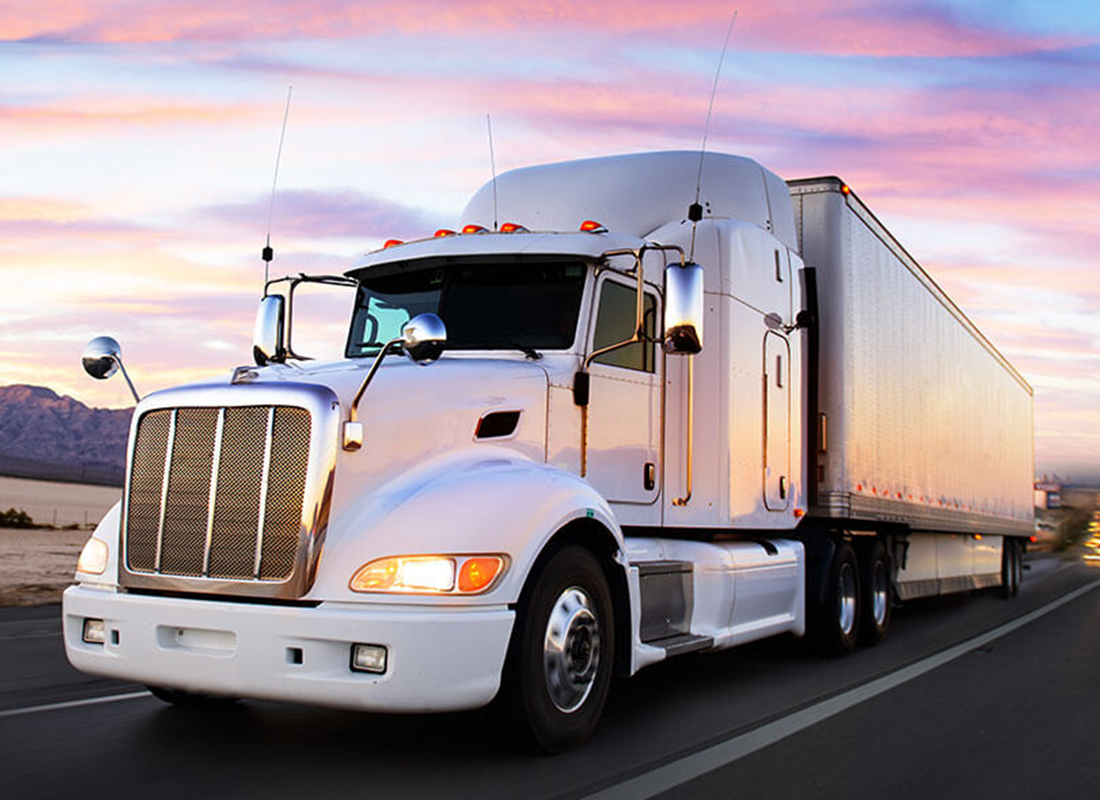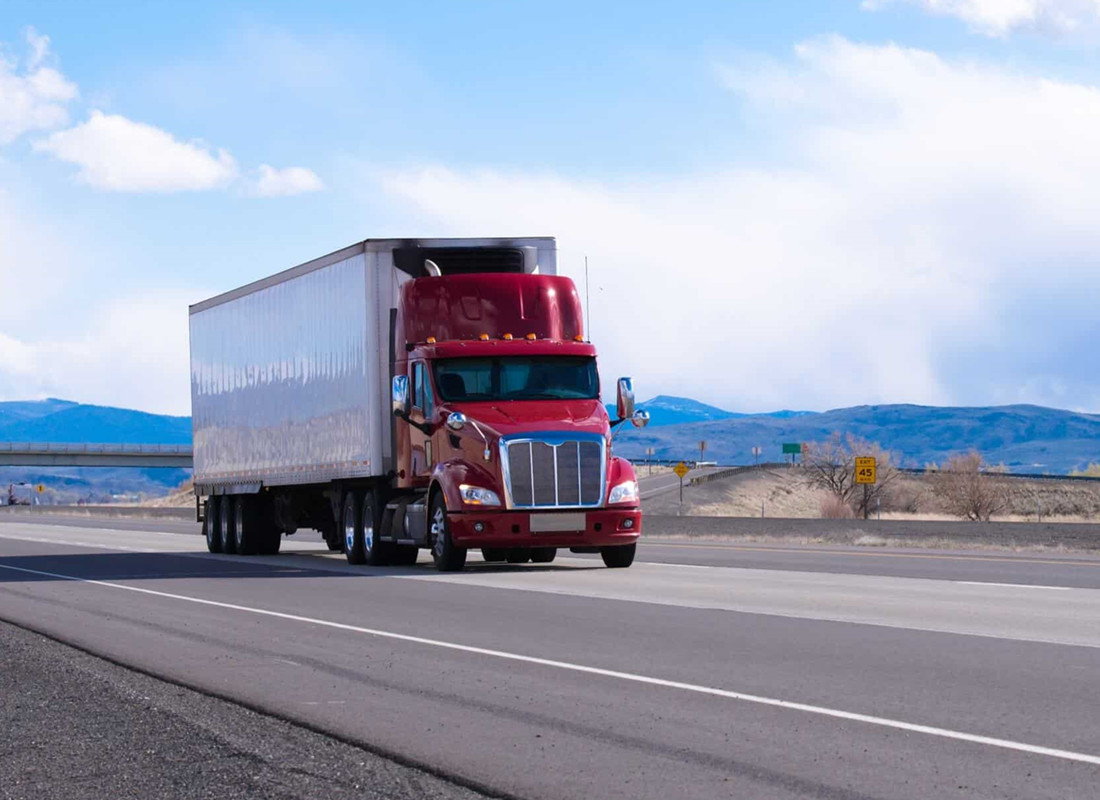
How To Choose Truck Insurance
Truck insurance is a type of commercial insurance that will protect the driver and owner’s truck, as well as the cargo. It is meant to compensate the driver and truck in the event of a covered incident. These coverages typically include property damage, bodily injury, medical payments, uninsured motorist bodily injury protection (UMB) and uninsured/underinsured motorist property damage protection (UMPDP). Below are 4 tips to help you get the right truck insurance.
1. What is the type of truck you are insuring?
The type of truck that you insure is one of the most important factors to consider when getting insurance coverage. Not all insurance companies offer this type of coverage, so be sure to confirm with your agent if they do before filling out any forms. However, comprehensive policies cover all types of vehicles, including cars, motorcycles and semis (truck).

2. How much are you willing to pay?
Insurance companies will always want you to do your research and be ready to pay for a policy that you want. Not only will this help ensure that you are getting the best price, but it will also save money in the long run. In fact, if there are any shortfalls on your policy (such as a deductible), it will cost more for the insurance company to cover those amounts.
3. What do you have to cover?
There are many different types of coverage that truck insurance policies will offer. These include liability, collision, comprehensive and medical payments coverage. A policy that is strictly liability only doesn’t back a driver up if they are found to be at fault in an accident. If you are interested in this type of policy, be sure to double-check the policy limits for all types of coverage. To help you compare policies side by side, use our Insurance Comparison Tool
4. How much liability coverage do you need?
Liability is a form of truck insurance that covers you in the event that you are found to be at fault in a truck accident. If your policy doesn’t have enough coverage, or worse, not any at all, you could be responsible for all of the damages caused by the accident. Be sure to double-check your policy limits to make sure they are sufficient.
